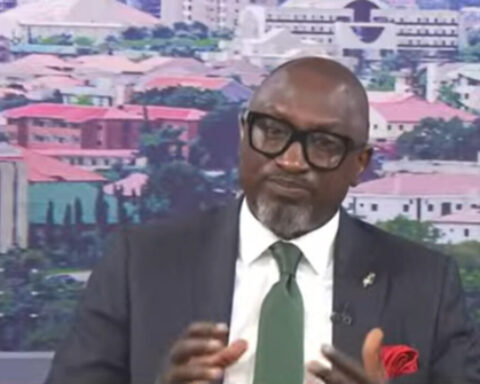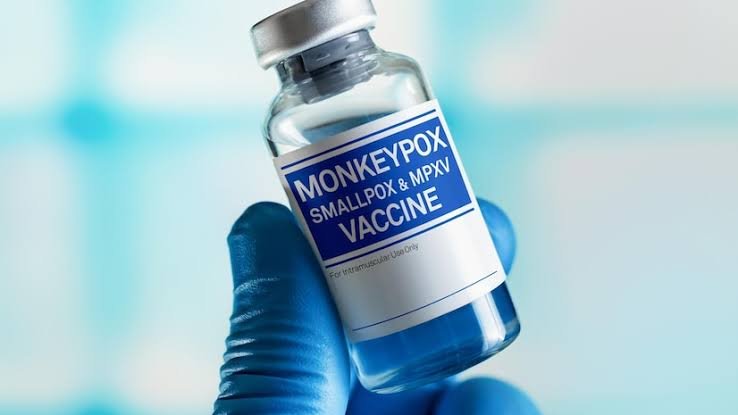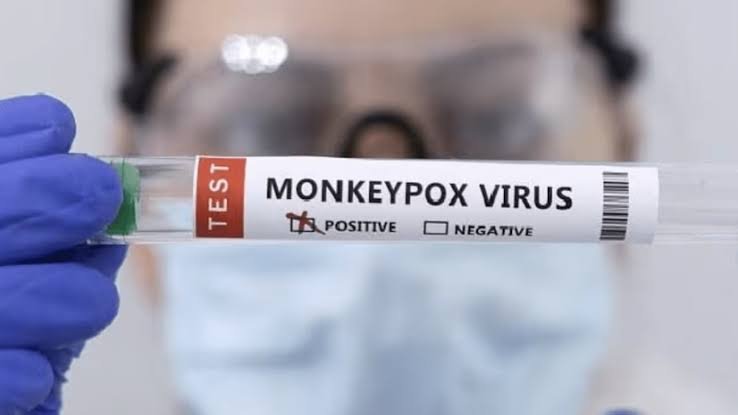The Federal Government has announced its support for sweeping procurement reforms aimed at curbing waste, corruption, and the circulation of fake drugs within Nigeria’s health sector.
Officials say the reform, which is being championed by the Bureau of Public Procurement (BPP) in collaboration with the Federal Ministry of Health, is designed to strengthen transparency in the supply chain of medicines and medical equipment.
At a stakeholder engagement session in Abuja on Thursday, Minister of Health and Social Welfare, Prof. Muhammad Ali Pate, said the reforms would not only sanitize procurement processes but also restore public confidence in the nation’s health system.
“Too often, Nigerians have suffered from the twin menace of wastage in public spending and the proliferation of substandard medicines. This administration is committed to reversing that trend. Procurement reform is central to ensuring that every naira spent delivers safe and effective health services,” Pate stated.
The initiative includes the adoption of digital procurement platforms, stricter vetting of suppliers, and closer monitoring of contracts to eliminate middlemen who inflate costs or supply counterfeit products.
Director-General of the BPP, Mamman Ahmadu, stressed that the reforms will save billions of naira annually. “We are building a procurement system where accountability is non-negotiable. With technology-driven processes and transparent bidding, fake drugs and wastage will have no place in our hospitals,” he said.
Civil society groups, including the Health Reform Foundation of Nigeria (HERFON), welcomed the government’s stance but urged it to ensure full implementation at both federal and state levels.
Dr. Ifeanyi Nwosu, a health policy analyst, noted that poor procurement practices have been a major driver of inefficiency. “Without reform, the sector bleeds resources. Beyond waste, fake and substandard drugs are killing people. If properly executed, this reform could save lives and improve outcomes,” he said.
The reforms are expected to roll out in phases, beginning with federal tertiary hospitals before extending to state and local government facilities.
Stakeholders say the ultimate goal is to build a robust, transparent, and accountable procurement system that guarantees the availability of quality medicines and equipment while ensuring value for money in the health sector.
Follow us on all social media platforms @dailyquery for news and analyses around the globe.



























